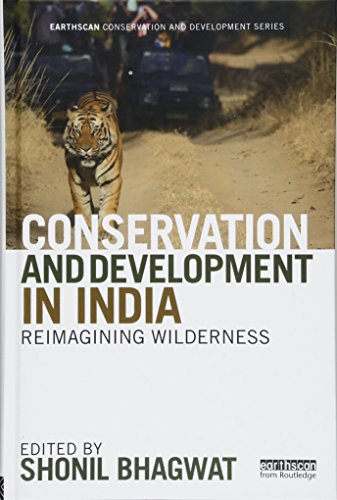

Most ebook files are in PDF format, so you can easily read them using various software such as Foxit Reader or directly on the Google Chrome browser.
Some ebook files are released by publishers in other formats such as .awz, .mobi, .epub, .fb2, etc. You may need to install specific software to read these formats on mobile/PC, such as Calibre.
Please read the tutorial at this link: https://ebookbell.com/faq
We offer FREE conversion to the popular formats you request; however, this may take some time. Therefore, right after payment, please email us, and we will try to provide the service as quickly as possible.
For some exceptional file formats or broken links (if any), please refrain from opening any disputes. Instead, email us first, and we will try to assist within a maximum of 6 hours.
EbookBell Team

4.4
12 reviewsAs the book shows, conservation in India is increasingly concerned with creating ‘theme parks’ – inviolate, albeit isolated, spaces for wild nature, whereas development is concerned with fast-tracking the construction of built infrastructure while also rolling out nationwide welfare programmes – promising food, clothing and shelter for the poorest of the poor living in rural India. Conservation and development therefore have very different motivations and attempts to find a common ground have been fraught with challenges. This has been particularly so on the fringes of wildlife parks, where the rural poor come in frequent contact with wild animals to the detriment of both people and wildlife.
Chapters are written by leading scholars on India to provide a vision of the future of Indian nature conservation. Whilst focused on India, the book will also be of interest to scholars and researchers of conservation and development more globally. As a ‘rising power’, the world’s eyes are set on India’s development trajectory and there is unprecedented interest in the course of development that the world’s largest democracy takes in the decades to come.